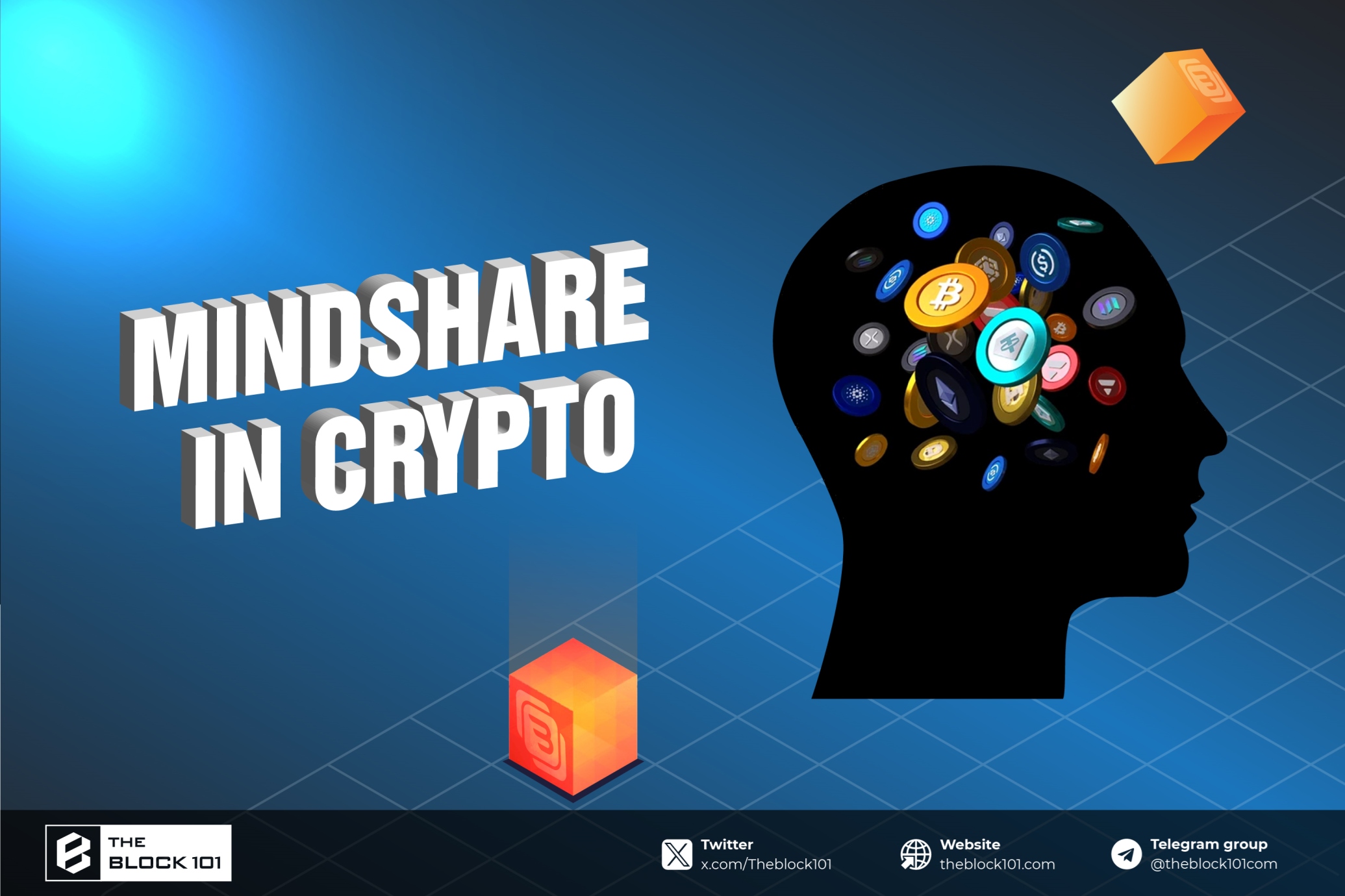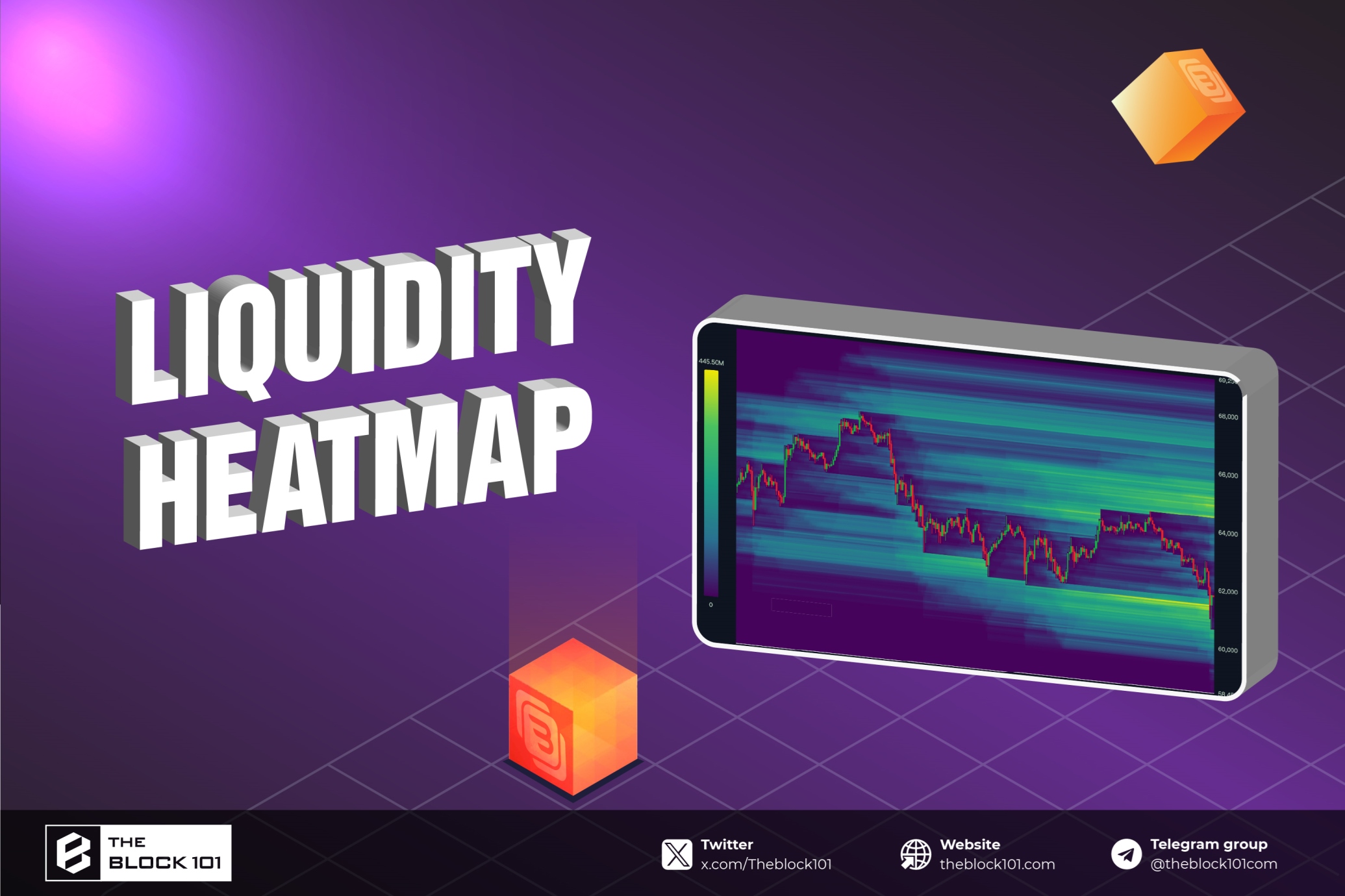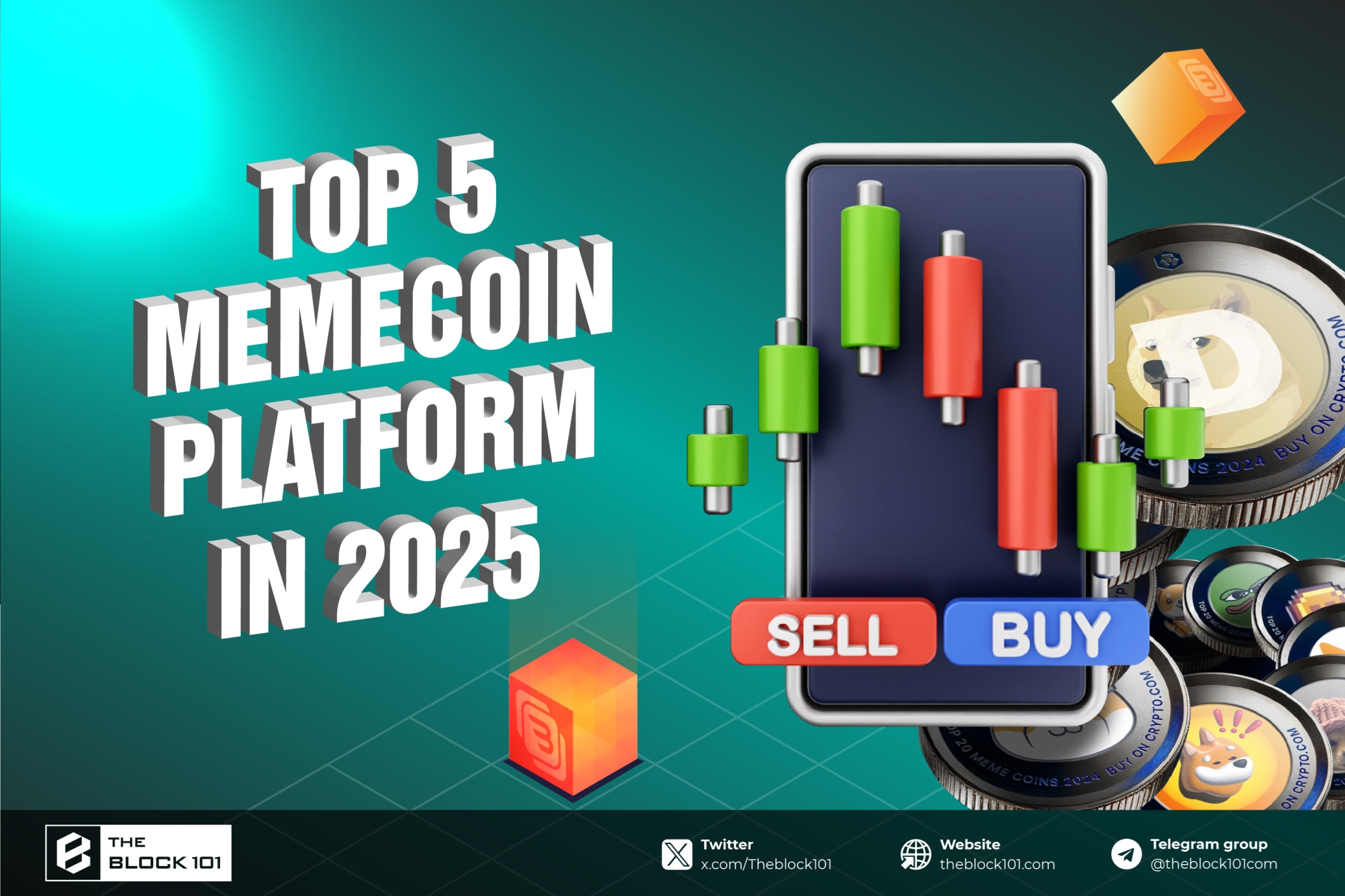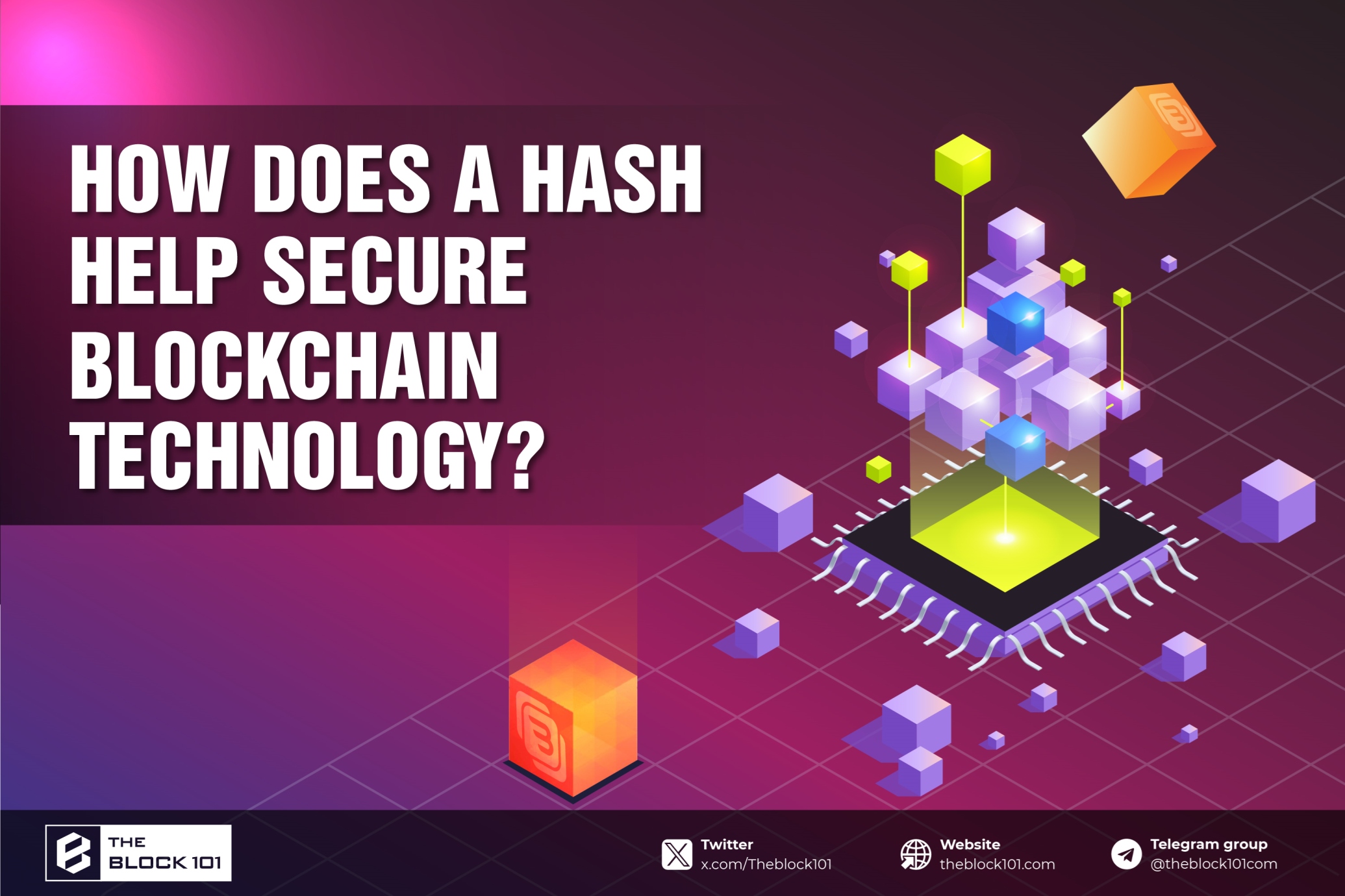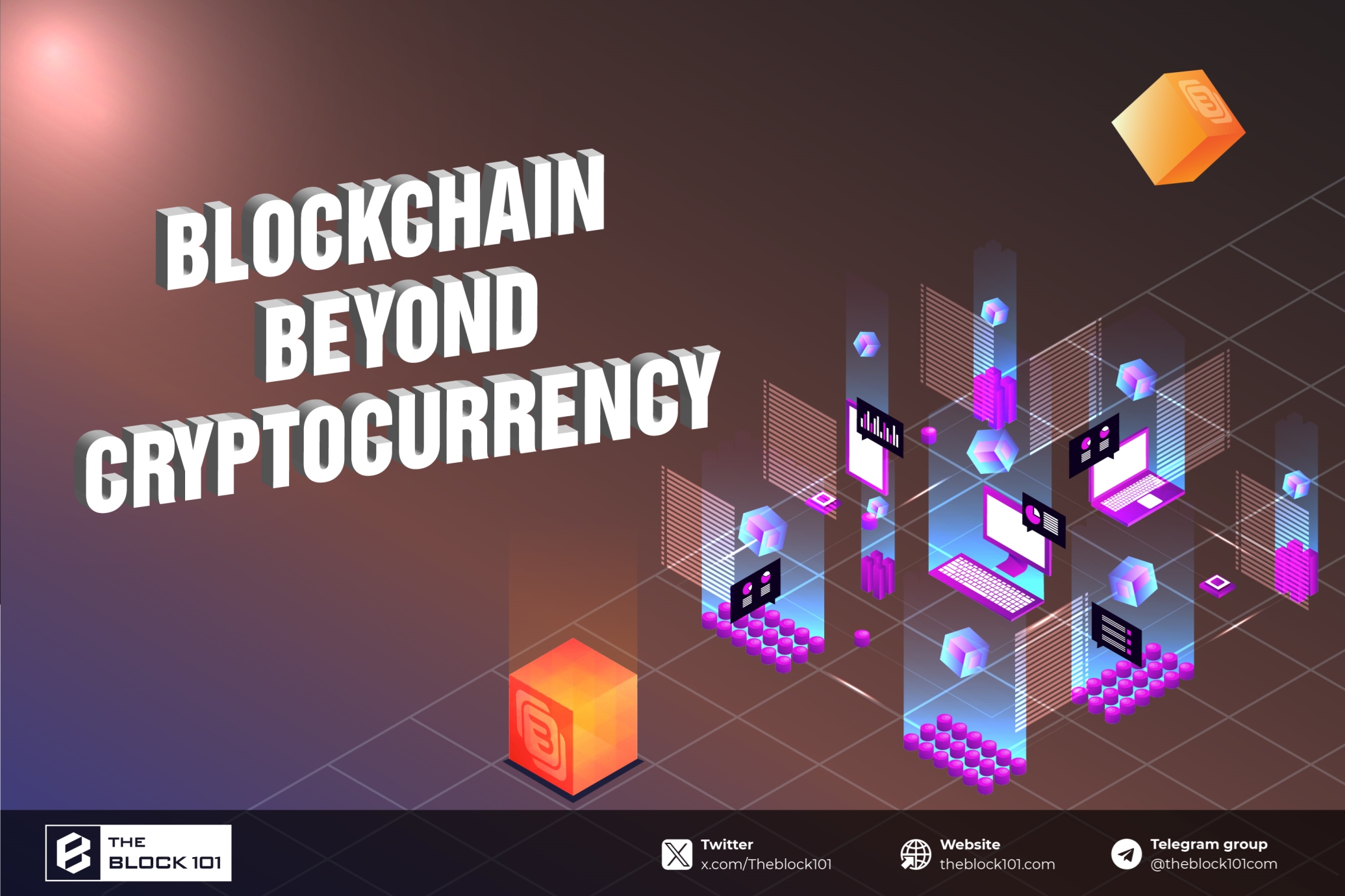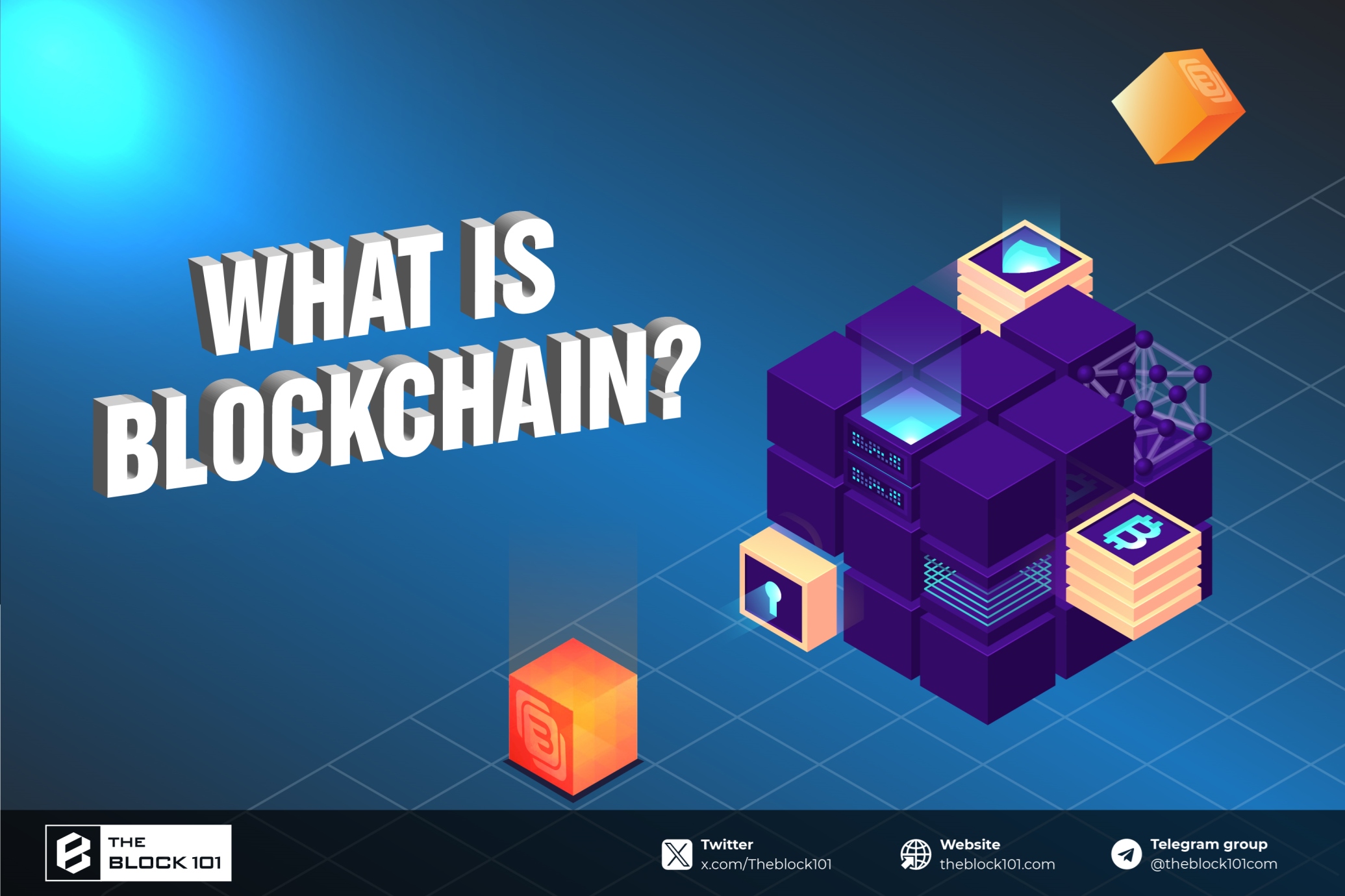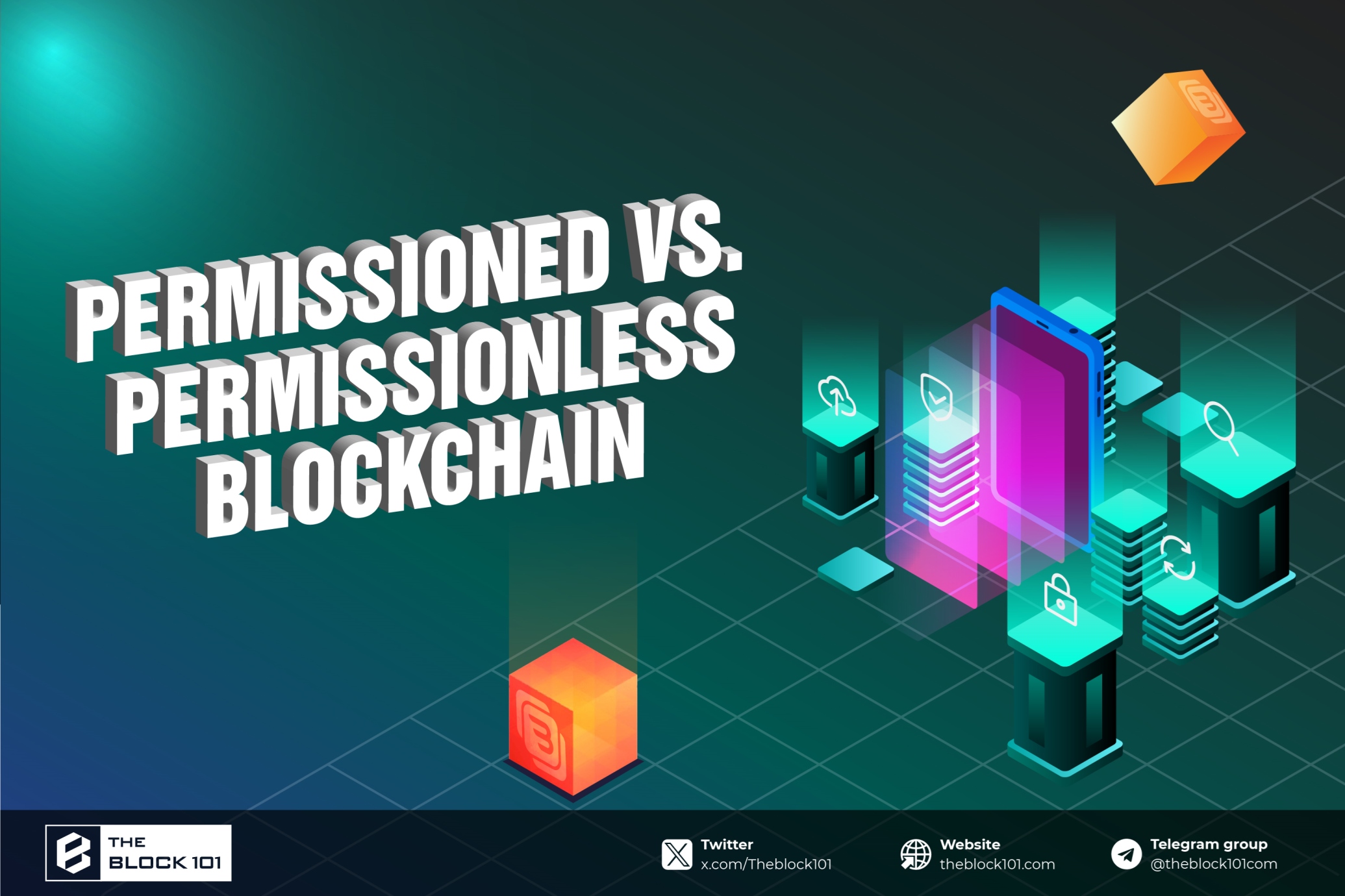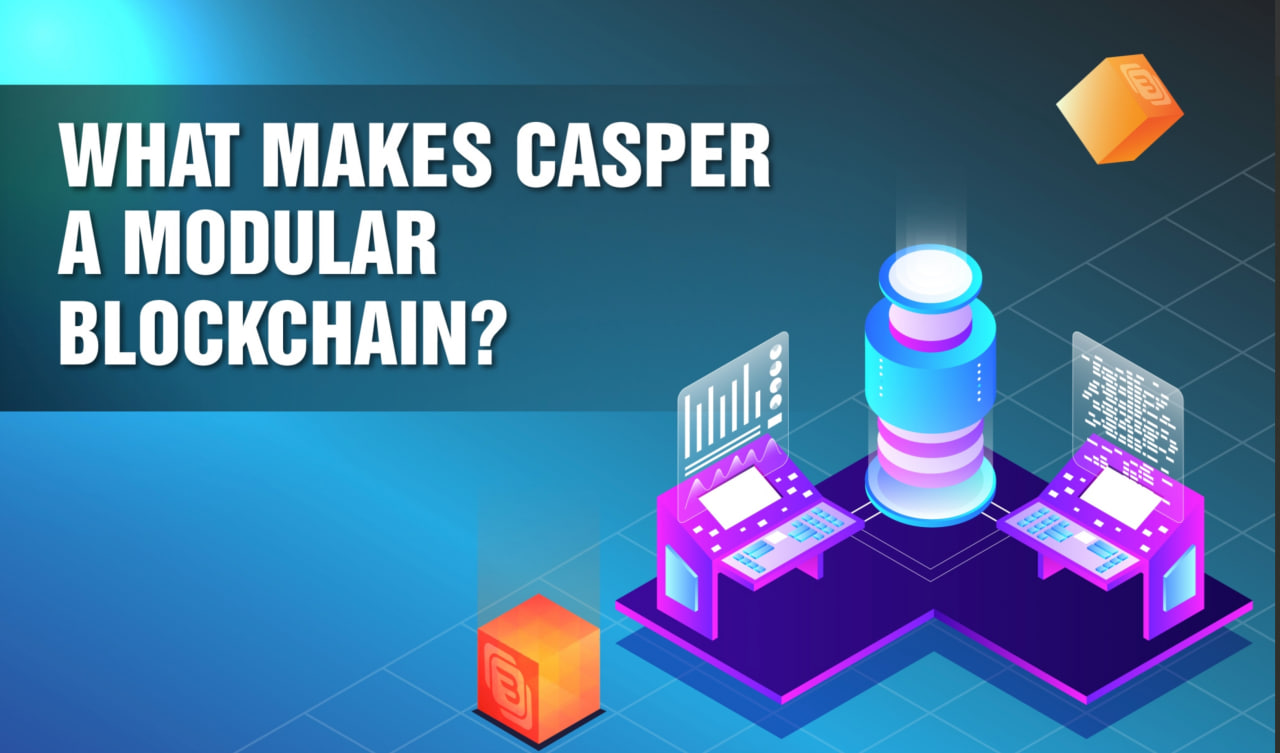1. What is Ethereum Poker?
1.1. What is Ethereum?
Ethereum is a decentralized platform that enables developers to build and deploy smart contracts and decentralized applications (dApps). Launched in 2015 by Vitalik Buterin, Ethereum has become a cornerstone of the blockchain ecosystem.
A blockchain is a distributed ledger that records transactions across multiple computers, ensuring transparency and security. Ethereum’s blockchain goes beyond simple transactions by supporting programmable smart contracts. These contracts are self-executing with the terms of the agreement directly written into code, eliminating the need for intermediaries.
1.2. What is Ethereum Poker?
Ethereum poker leverages the Ethereum blockchain to offer a decentralized, transparent, and fair poker gaming experience. Unlike traditional online poker platforms that rely on centralized servers and are prone to issues like cheating, fraud, and lack of transparency, Ethereum poker operates on a decentralized network.
In Ethereum poker, the gameplay, transactions, and outcomes are governed by smart contracts. These contracts ensure that the rules are enforced impartially and automatically, creating a trustless environment where players can enjoy the game without worrying about manipulation or unfair practices.
1.3. Key features of Ethereum Poker
-
Decentralization: Ethereum poker platforms operate on a decentralized network, meaning no single entity has control over the entire system. This reduces the risk of manipulation and fraud.
-
Transparency: All transactions and game operations are recorded on the blockchain, providing complete transparency. Players can verify the fairness of the game by accessing the transaction history.
-
Security: The use of blockchain technology ensures that all transactions are secure and immutable. Players' funds are protected from hacking and other security breaches.
-
Smart Contracts: Smart contracts automate various aspects of the game, such as dealing cards, handling bets, and distributing winnings. This eliminates the need for a central authority and ensures that the game runs smoothly and fairly.
2. How does Ethereum Poker work?
2.1. Setting up an Ethereum Wallet
To play Ethereum poker, players need an Ethereum wallet. This wallet is used to store Ether (ETH), the cryptocurrency used on the Ethereum network. There are various types of Ethereum wallets available, including hardware wallets, software wallets, and online wallets. Once a wallet is set up, players can purchase Ether from cryptocurrency exchanges and transfer it to their wallet.
2.2. Joining an Ethereum Poker platform
Players can join an Ethereum poker platform by connecting their Ethereum wallet to the platform. This is usually done through a web3 browser extension like MetaMask, which allows players to interact with the Ethereum blockchain directly from their browser. Once connected, players can deposit Ether into the platform and start playing poker.
2.3. Playing the game
The game mechanics of Ethereum poker are similar to traditional online poker. However, the key difference lies in how the game is managed. In Ethereum poker, all game operations are governed by smart contracts. Here’s a step-by-step breakdown of how a typical game of Ethereum poker works:
-
Game initialization: When a new game is initiated, a smart contract is created to manage the game. This contract contains all the rules and logic of the game, ensuring that it runs fairly.
-
Dealing cards: The smart contract handles the dealing of cards. The cards are dealt randomly and securely, ensuring that no player can manipulate the outcome.
-
Placing bets: Players place their bets by sending Ether to the smart contract. The contract automatically handles the bets, ensuring that they are recorded and distributed correctly.
-
Game progression: The game progresses according to the rules defined in the smart contract. This includes handling betting rounds, revealing community cards, and determining the winner.
-
Payouts: At the end of the game, the smart contract automatically distributes the winnings to the players’ Ethereum wallets. This process is instant and does not require any intervention from the platform.
3. Advantages and disadvantages of Ethereum Poker
3.1. Advantages
-
Transparency and Fairness
The transparency of the blockchain ensures that all actions and transactions are recorded and accessible to anyone. This transparency eliminates doubts about the fairness of the game, as all participants can verify the outcomes independently.
-
Increased security
Ethereum poker platforms are highly secure due to the decentralized nature of the blockchain. There is no single point of failure, making it difficult for hackers to compromise the system. Additionally, players’ funds remain in their control, reducing the risk of theft.
-
Anonymity and privacy
Ethereum poker allows players to maintain their privacy and anonymity. Unlike traditional poker platforms that require personal information for registration, Ethereum poker only requires a wallet address, providing a higher level of privacy.
-
Global accessibility
Since Ethereum poker operates on a decentralized network, it is accessible to players worldwide. There are no geographical restrictions, enabling a diverse and global player base.
-
Lower fees
Traditional online poker platforms often charge significant fees for deposits, withdrawals, and gameplay. Ethereum poker, on the other hand, involves minimal transaction fees, primarily covering the gas fees for processing transactions on the Ethereum network.
3.2. Disadvantages
While Ethereum poker offers numerous advantages, it also comes with its set of challenges and considerations.
-
Scalability issues
The Ethereum network has faced scalability issues, leading to high gas fees and slower transaction times during peak usage. However, with the development of Ethereum 2.0 and layer-2 scaling solutions, these issues are being addressed.
-
Regulatory uncertainty
The regulatory landscape for cryptocurrency and blockchain-based gaming is still evolving. Players and platforms must navigate this uncertainty, ensuring compliance with local laws and regulations.
-
Technical barriers
For some players, the technical aspects of using Ethereum wallets and interacting with dApps can be daunting. User-friendly interfaces and educational resources are essential to bridge this gap.
-
Volatility
The value of Ether can be volatile, impacting the value of players’ funds. Players must be aware of this volatility and manage their risk accordingly.
4. Popular Ethereum Poker platforms
Several platforms have emerged, offering Ethereum poker with various features and game options. Some notable platforms include:
-
Virtue Poker
Virtue Poker is a decentralized poker platform that uses Ethereum smart contracts to ensure fairness and transparency. It offers various poker games and tournaments, providing a secure and engaging experience for players.
-
CoinPoker
CoinPoker is a blockchain-based poker platform that accepts multiple cryptocurrencies, including Ether. It boasts a provably fair gaming system and offers competitive tournaments and promotions.
-
Pokereum
Pokereum is another decentralized poker platform that leverages the Ethereum blockchain. It focuses on providing a transparent and secure poker experience with provably fair gameplay.
5. Future of Ethereum Poker
The future of Ethereum poker looks promising, with advancements in blockchain technology and the growing acceptance of cryptocurrencies. Here are some trends and developments to watch:
-
Improved scalability
With the ongoing development of Ethereum 2.0 and layer-2 scaling solutions like Optimistic Rollups and zk-Rollups, the scalability issues of the Ethereum network are expected to be significantly reduced. This will enhance the performance and user experience of Ethereum poker platforms.
-
Enhanced user experience
As the technology matures, we can expect more user-friendly interfaces and seamless integration with Ethereum wallets. This will make it easier for new players to join and participate in Ethereum poker games.
-
Integration with DeFi
The integration of decentralized finance (DeFi) protocols with Ethereum poker platforms could open up new possibilities, such as staking, lending, and yield farming within the poker ecosystem. This could provide additional incentives and rewards for players.
-
Legal clarity
As regulators gain a better understanding of blockchain technology and cryptocurrencies, we can expect clearer regulations and guidelines for blockchain-based gaming platforms. This will provide a more stable and secure environment for both players and operators.
-
Cross-chain compatibility
The development of cross-chain compatibility solutions will enable Ethereum poker platforms to interact with other blockchain networks. This will increase liquidity and provide more options for players.
6. Conclusion
Ethereum poker represents a revolutionary shift in the online poker industry, offering unparalleled transparency, security, and fairness. By leveraging the power of blockchain technology and smart contracts, Ethereum poker platforms provide a trustless and decentralized gaming experience. Despite the challenges, the future of Ethereum poker looks bright, with ongoing advancements and growing adoption paving the way for a new era of online gaming. Whether you’re a seasoned poker player or a blockchain enthusiast, Ethereum poker offers an exciting and innovative way to enjoy one of the world’s most popular card games.
Read more:
- What is Ethereum? 8 things you need to know about Ethereum
- Top NFT Marketplaces in the Ethereum, Solana, and Avalanche Ecosystem
- What is DApp? Learn all about decentralized applications (DApps)

 English
English Tiếng Việt
Tiếng Việt.jpg)
